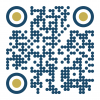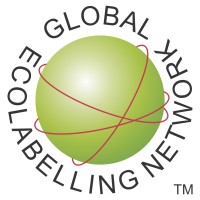The Global Ecolabelling Network (GEN)
Canberra, Australian Capital Property, Australia
CONDENSED CASE STUDY
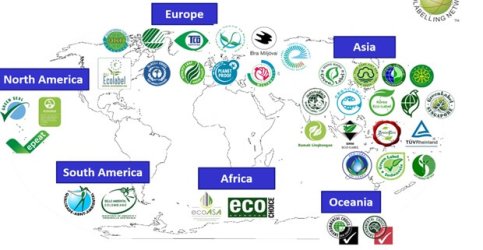
IMPACT
MODEL
CYCLE PHASE
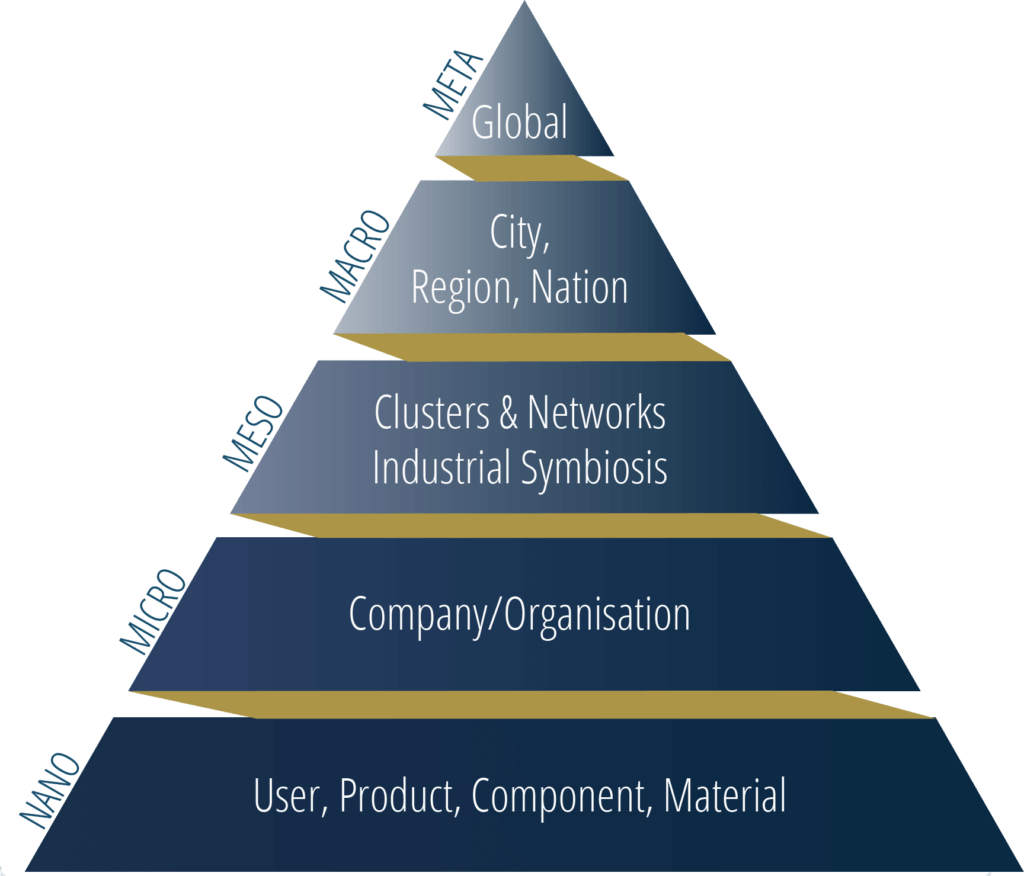
- INT-HUBS1
Circular Case Studies by Circular Regions licensed under CC BY-NC-ND 4.0
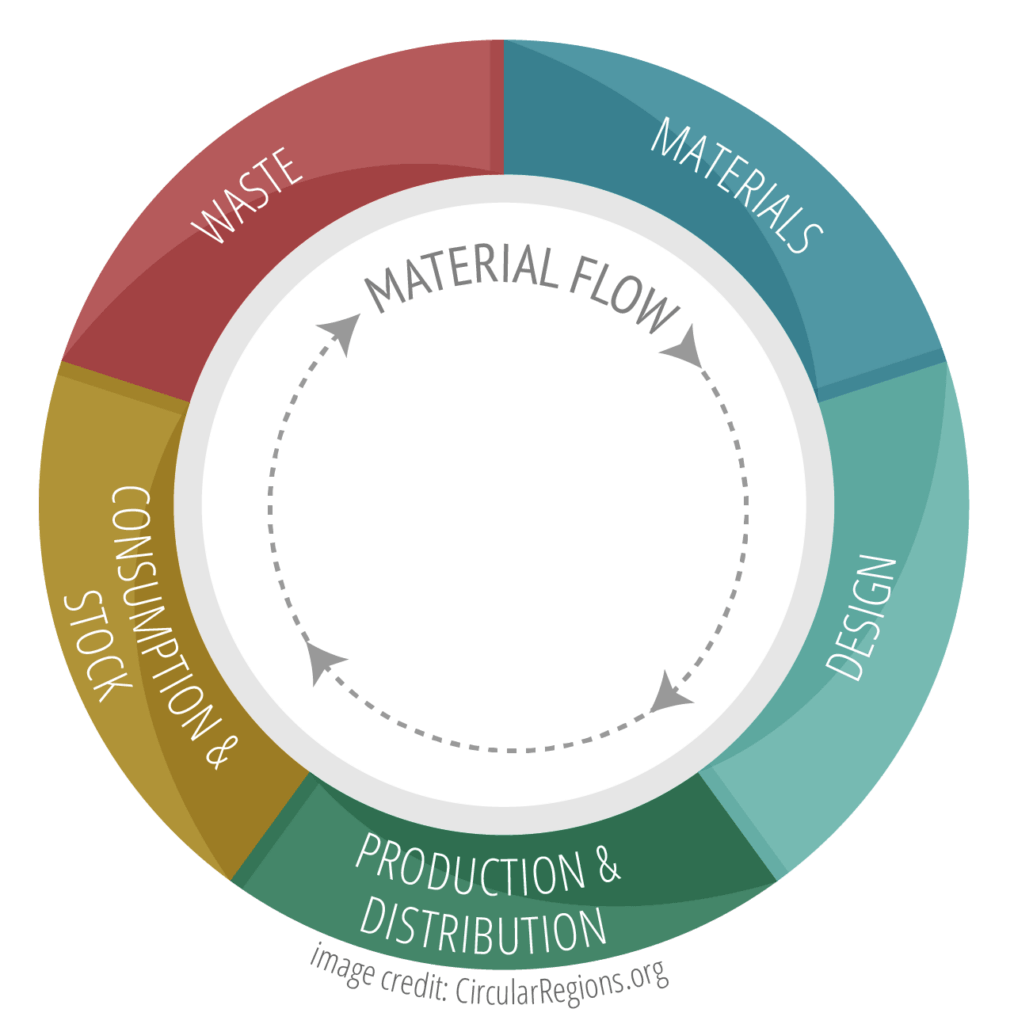
STATUS & TIMELINE
| Milestone title | Date | Content |
|---|---|---|
| 1st Annual General Meeting | 11/1994 | |
| 1st global standard addressed | 10/1996 | |
| GENICES peer review launched | 10/2004 | |
| 593000 products certificated | 10/2016 |
DESCRIPTION
The Global Ecolabelling Network (GEN) is a non-profit association of leading ecolabelling organisations worldwide. GEN was founded in 1994 to help protect the environment by improving, promoting, and developing the ecolabelling of green products and sustainable services.
GEN
- Fosters co-operation, information exchange and standards harmonisation among members, associates, and other ecolabelling programmes
- Participates in international organisations in order to promote ecolabelling
- Encourages demand for, and supply of, more environmentally responsible goods and services
Full GEN members have attained the status of “Type 1” specified in the ISO 14024 standard. This means:
- their ecolabelling programmes are voluntary
- their standards address multiple environmental criteria over the life cycle of a product or service
- standards are published and transparent
- ecolabels are awarded using independent third-party verification
Full and Associate GEN members
- Set and publish environmental criteria
- Certify products and services with lower environmental impact than comparable products/services
- Provide information, advice and technical assistance to organisations contemplating or developing ecolabelling programmes
- Disseminate information to the public
- Represent the interests of ecolabelling in various international meetings and events
All full and associate members of GEN develop environmental leadership standards. They operate Type 1 ecolabelling programmes, and develop standards in an open, public, transparent process, usually audited by an independent third party.
Criteria and product categories differ among the membership, reflecting local and regional variables, but all standards address multiple environmental attributes and most have requirements for items such as toxicity, air quality, energy use, recyclability, VOCs, carcinogens and other issues of concern. Life cycle thinking is used by our ecolabel members in developing standards which minimise environmental impacts across the entire life cycle of a product or service, from raw material extraction through to use and eventual disposal or breakdown.
Login to download a .pdf

